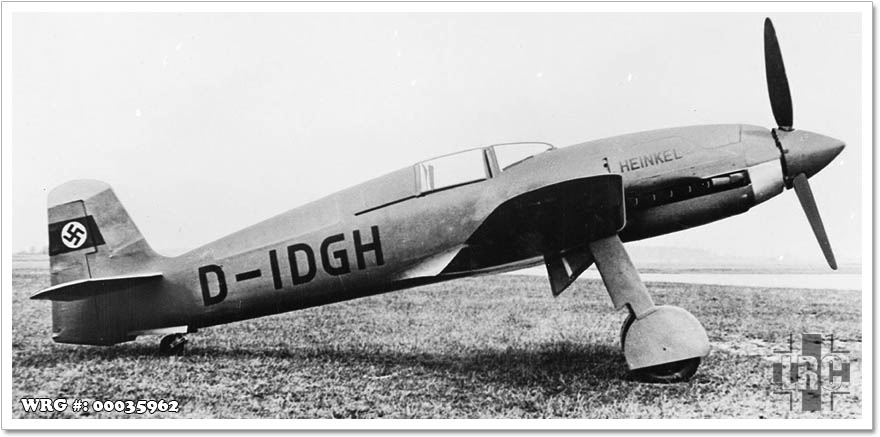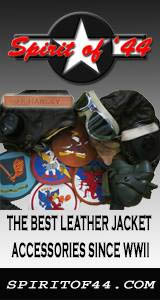World Speed Record
One aspect of the original Projekt 1035 was an intention to capture the absolute speed record for Heinkel and Germany. Both Messerschmitt and Heinkel vied for this record before the war. Messerschmitt ultimately won that battle with the first prototype of the Me-209, but the He 100 briefly held the record when Heinkel test pilot Hans Dieterle flew the eighth prototype to 746.606 kph on 30 March 1939. The third and eighth prototypes were specially modified for speed with unique outer wing panels of reduced span. The third prototype crashed during testing. The record flight was made using a special version of the DB-601 engine that offered 2,700 hp and had a service life of just 30 minutes. Prior to setting this absolute speed record over a short, measured course, Ernst Udet flew the second prototype to a 100 km closed course record of 634.32 kph on 5 June 1938. Udet's record was apparently set using a standard DB 601a engine.
 Heinkel He 100V8/D-IDGH
Heinkel He 100V8/D-IDGH
There is a debate regarding the correct designation of the He 100 aircraft actually built. One group holds that all of the machines were either "Versuchs" or "trials" prototypes and pre-production "A-0" series machines. This is consistent with the RLM's normal practice of changing an aircraft's sub-designation only with a significant redesign, such as an engine change. All of the He 100s built were essentially the same, and even the prototypes were later updated to the production standard before they were exported to the Soviet Union. The second group holds that the Heinkel factory intended "A," "B," "C" and "D" series aircraft, and the final version was the "D." This camp also holds that there were separate "D-0" and "D-1" production runs, although in extremely limited numbers.
Most literature follows the latter school of thought, Since the He 100 was never accepted for operational use by the Luftwaffe, it is unlikely there was ever an official resolution of this issue. The separate letter designations "A" through "D" appear to have come from internal Heinkel documents.

 , 1977, Salamander
Books Ltd., London
, 1977, Salamander
Books Ltd., London





